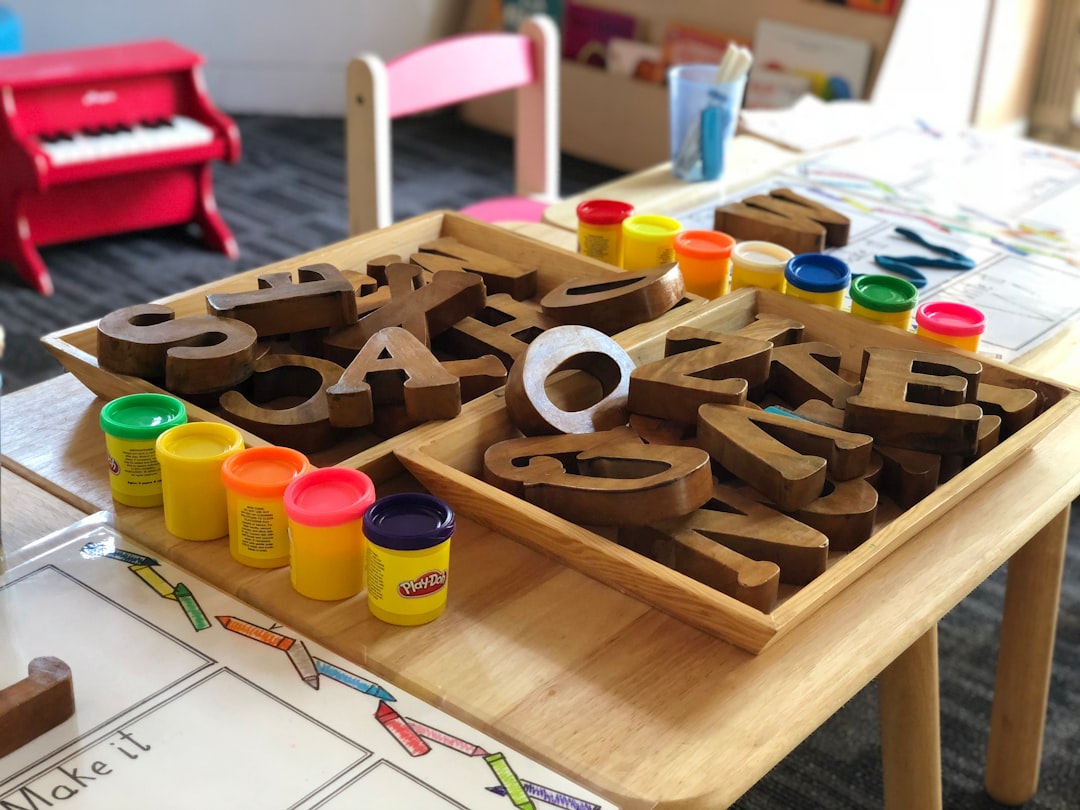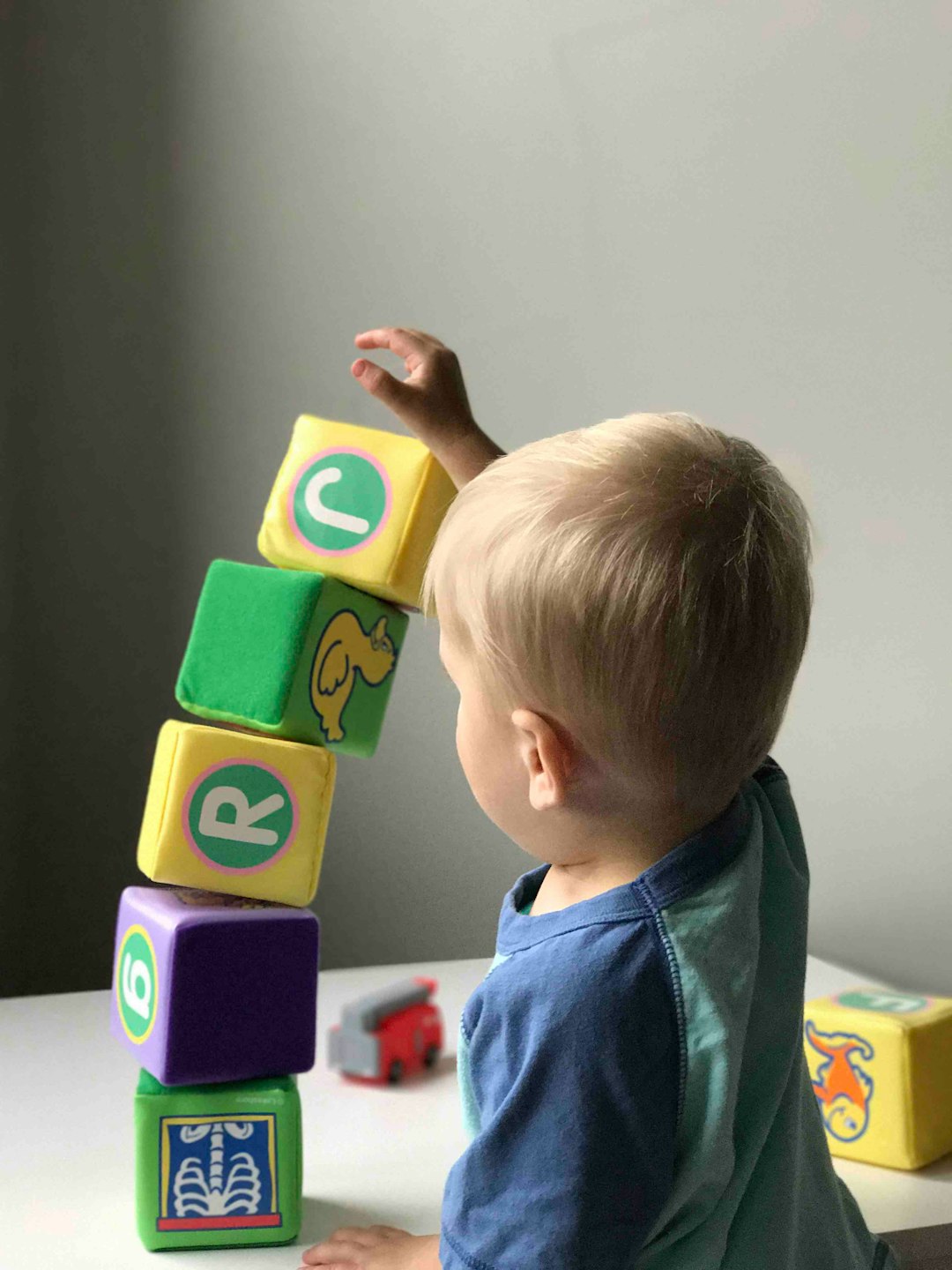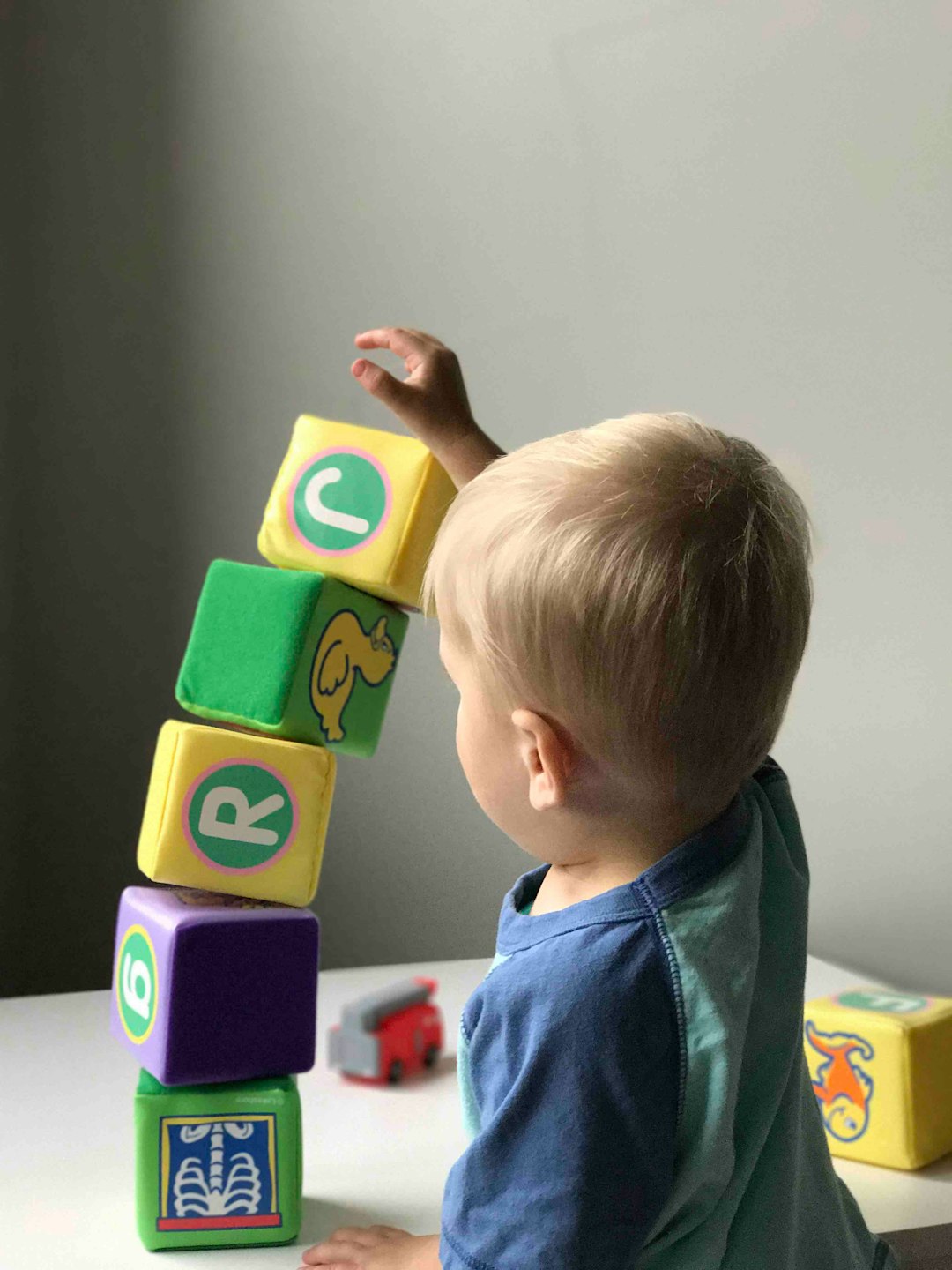St. Louis daycares play a critical role in recognizing and addressing childhood trauma, including abuse and neglect. By implementing trauma-informed practices, caregivers create safe spaces, support emotional healing, and promote secure attachments for at-risk children. This approach, emphasizing consistent routines, age-appropriate communication, and specialized training, enhances current well-being and lays the foundation for future mental health success, as highlighted by a daycare abuse attorney in St. Louis MO.
Trauma-informed care is transforming early childhood education, especially in St. Louis daycares. Understanding how trauma affects young minds is crucial for creating safe, supportive environments that foster healthy development. This article explores recognizing trauma in children and the profound impact of trauma-informed approaches. We delve into specific strategies to prevent daycare abuse in St. Louis MO and emphasize the importance of nurturing resilience in our youngest learners. By adopting these practices, daycares can create a symphony of safety and support for every child.
Recognizing Trauma in Young Children
Recognizing trauma in young children is a delicate yet crucial task, especially for those working in St. Louis daycares. It’s important to understand that trauma can manifest differently in kids; signs might include excessive fear, withdrawal, or aggressive behavior. These responses are often the child’s way of expressing an inability to cope with their experiences, which could range from witnessing abuse by a daycare attorney St. Louis MO, to experiencing neglect, or even ordinary stressors like family moves or changes in routine.
Daycare providers play a pivotal role in these children’s lives, offering a safe space for them to heal and develop. By recognizing trauma early on, caregivers can implement trauma-informed practices that foster security and support, ultimately helping these young ones rebuild trust and gain the resilience needed to thrive.
The Impact of Trauma-Informed Care
Trauma-informed care has a profound impact on children’s well-being, especially those who have experienced or are at risk of abuse and neglect. In St. Louis MO, where daycare abuse cases have unfortunately occurred, implementing trauma-informed practices in daycares can be transformative. This approach recognizes that traumatic events can affect a child’s brain development, behavior, and emotional regulation. By creating a safe and supportive environment, caregivers can help children process these traumas and promote healing.
Such care focuses on understanding the potential long-term effects of trauma, ensuring that interactions with children are sensitive to their past experiences. This might include consistent routines, secure attachments, and age-appropriate communication. A daycare equipped with trauma-informed strategies can prevent triggering events, offer necessary support, and ultimately help children develop healthier coping mechanisms. This proactive approach not only benefits the child’s current well-being but also lays a foundation for their future mental health and overall success.
St. Louis Daycare Abuse Prevention
In recent years, there’s been a growing awareness of the devastating impact that trauma can have on young children, especially those in their formative years at daycare. St. Louis has seen its fair share of cases involving daycare abuse, prompting a need for more compassionate and proactive care. A trauma-informed approach is a game-changer in this context, focusing on preventing and addressing childhood trauma effectively. This involves ensuring that daycare staff are equipped with the knowledge and skills to recognize signs of distress in children and provide a safe, nurturing environment.
By implementing trauma-informed care practices, St. Louis daycares can foster a sense of security for children who may have experienced abuse or neglect. A daycare abuse attorney in St. Louis MO emphasizes that this approach prioritizes the emotional well-being of kids, promoting healthy development and resilience. Through specialized training and support networks, caregivers can better manage challenging behaviors and create a supportive atmosphere that encourages healing and growth.
Fostering Safe and Supportive Environments
Creating safe and supportive environments is a cornerstone of trauma-informed care, which can significantly benefit children in St. Louis daycares. This approach recognizes that children who have experienced trauma, whether physical or emotional abuse, neglect, or other adverse events, may exhibit challenging behaviors or struggle to attach to caregivers. By implementing trauma-sensitive practices, daycare centers can foster a sense of security and trust. This includes ensuring consistent, responsive, and predictable caregiving, as well as providing opportunities for children to express their emotions in safe, non-judgmental spaces.
A St. Louis daycare abuse attorney might emphasize that these strategies not only enhance the overall well-being of children but also help prevent further trauma. Trained staff can recognize signs of trauma and respond appropriately, creating a nurturing atmosphere that promotes healing and positive development. This proactive approach ensures that children in daycares feel valued, respected, and supported, ultimately laying the groundwork for their long-term mental health and success.





